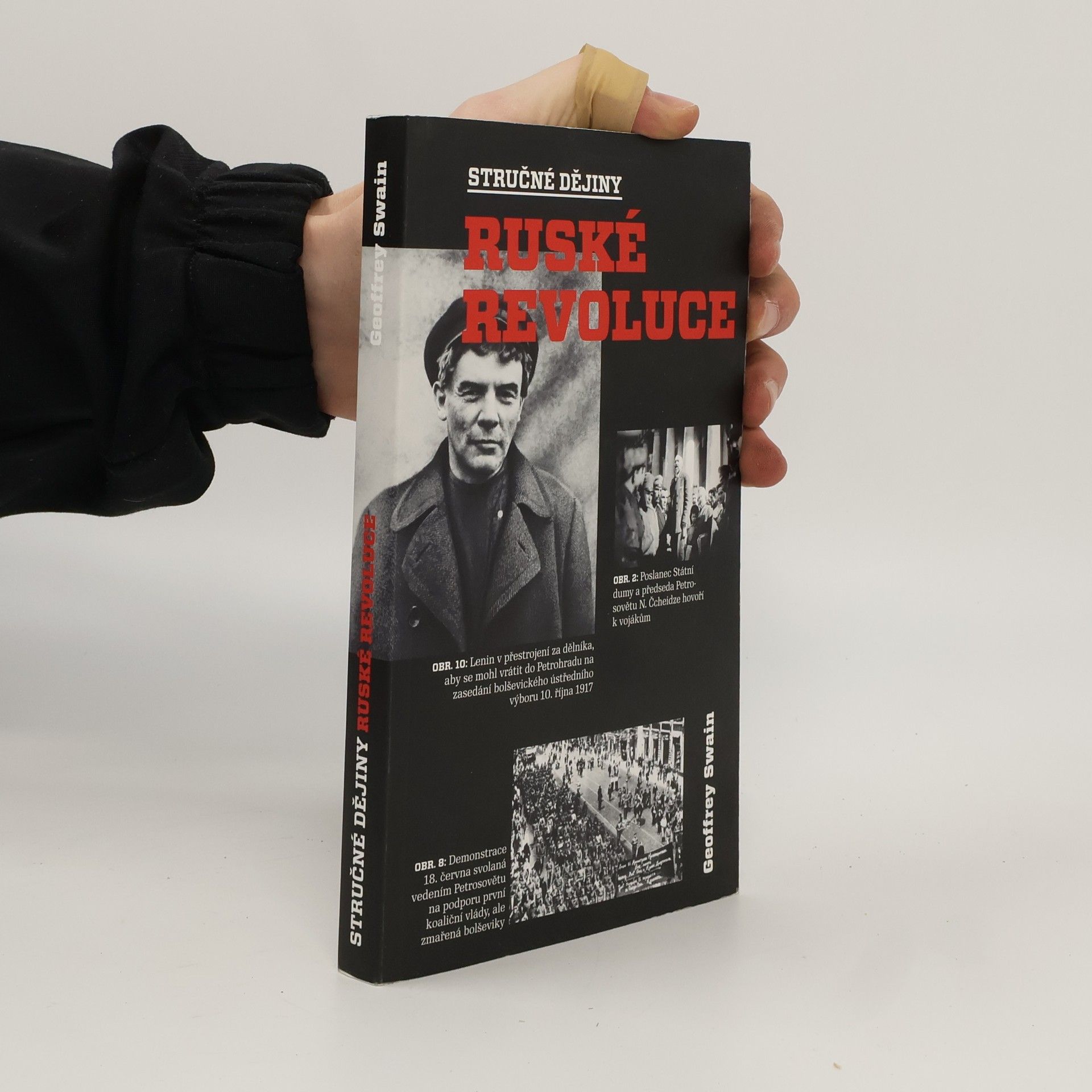Trotsky
- 244pages
- 9 heures de lecture
Focusing on Trotsky's years in power, this biography provides a nuanced portrayal of his life, revealing a complex figure marked by both human qualities and ruthless ambition. It explores his vital role in the October Revolution, the Civil War, and the establishment of the Soviet state, utilizing previously unexplored archival materials. The analysis includes Trotsky's theory of permanent revolution, his military organization of the Red Army, and his fraught relationships with Lenin and Stalin, ultimately highlighting his misinterpretations of post-revolutionary dynamics.



